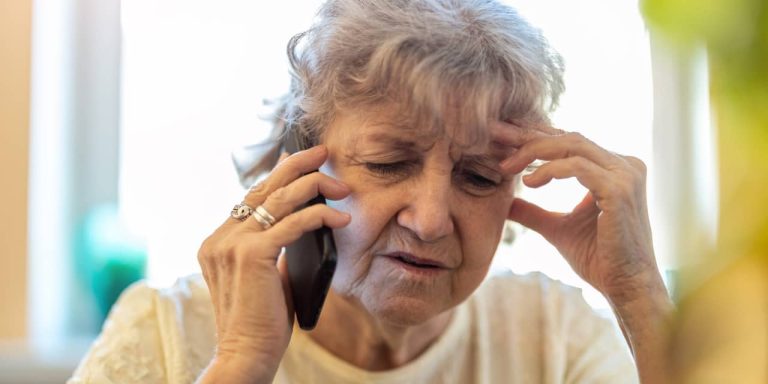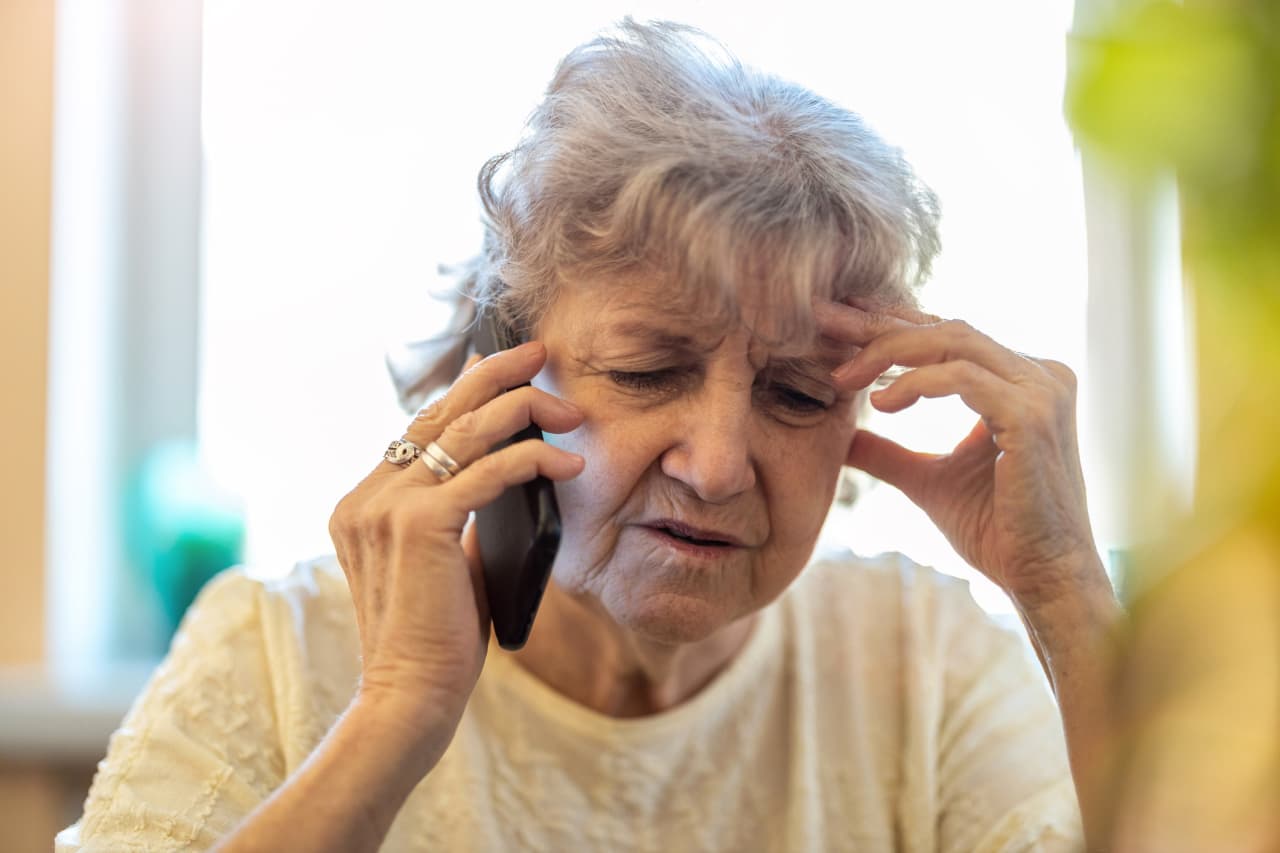If you live alone and have no next of kin, who do you call if there is an emergency?
Sure, there may be friends or neighbors you can rely on for simple tasks, but seniors may not have someone they trust who is willing to take on the responsibility of being their emergency contact, power of attorney, or patient advocate.
It is a problem for a large segment of the elderly. In the United States, 27% of adults 60 and older live alone, more than 16% of adults in the 130 countries and territories surveyed, according to the Pew Research Center.
Aging alone presents some practical challenges and people need to take proactive steps to make sure their health and finances are safe.
“We're more geographically dispersed now than we were in the past,” says Katie Caverley, managing director of IKOR in Charlottesville, a senior care manager. “Not everyone has someone to turn to.”
This is where aged care managers like IKOR can come in. IKOR's services are broad and range in complexity from arranging visits for its registered nurses to acting as an emergency contact or being an agent for durable, healthcare-related powers of attorney. They can also serve as court-appointed guardians, guardians who handle mundane hassles like checking a car, dealing with a downsizing or moving, and providing an end-of-life doula.
“We work like a foster family but we do it professionally,” Caverly said. “Most people didn't know they could outsource to a family member, but you can. The nature of advocacy is proximity, and sometimes you need local feet on the ground.”
Not all aged care managers provide the same services as IKOR. Some are licensed nurses or geriatric social workers who work with older adults and their families to identify needs, develop a care plan and find services in the community, according to the National Institute on Aging. Care managers can be found through a doctor or attorney — or through hospice organizations like the Aging Life Care Association.
But experts say it's important to choose your emergency contact wisely — no matter who you are.
Genevieve Waterman, director of corporate partnerships and engagement at the National Council on Aging, encourages all seniors to conduct background checks on anyone entering their home to provide assistance or care.
“It's a vulnerable position to ask for help in your own home,” Waterman said.
Waterman also encourages single people to try to maintain friendships or be involved in their community to try to expand the network of people they can turn to in emergency situations or to be a second pair of eyes looking out for them when they are receiving care.
Caverly urges all adults, especially adults who live alone, to create “life files” that list their health issues, doctors, medications, emergency contacts and any people to contact after that initial emergency call. List any pets and their needs. Tell important contacts where to find files.
“If you're unconscious in a hospital bed, help the person who intervenes so they don't stumble in the dark,” Caverly said. “Sit quietly for a minute and think about important information someone might need to manage your life during an emergency.”
IKOR costs range from $60 to $170 per hour, depending on the nature of the task and the level of caregiver needed, Caverly said. Insurance does not cover care management.
The basic documents you need are a will, financial power of attorney, health care power of attorney, and a trust. These documents may have different names in different cases.
“If you don't care about end-of-life planning, do it as soon as possible. People also tend to leave these documents out of date, so creating and maintaining them throughout your life is important,” Waterman said.
Clients must be wise about who they choose for power of attorney, because those chosen individuals have a tremendous amount of influence over finances, says Joseph Frazar, an attorney who specializes in elder law and estate planning with Simasko Law.
“If you live alone, you need to talk to the people you assign to these roles to make sure they understand the responsibility and know what needs to be done. They also need to be informed if you are incapacitated,” Friesard said.
“It's becoming increasingly common to see someone living alone who needs help,” Frazar said.
It starts with a will, which dictates how an individual's assets will be divided upon death. Dying without a will, known as dying “intestate,” means state law will determine what happens to assets.
In addition to a will, a financial power of attorney can make financial decisions and handle affairs if a person becomes incapacitated. Meanwhile, a medical power of attorney can be the decision maker on medical issues if a person cannot do so themselves.
“If you don't get the documentation done, you risk someone taking advantage of you and your property. It's important to have this documentation to protect yourself,” Frazar said.
An attorney can act as an agent and grant medical power of attorney, but a friend or family member can also step into these roles. These people must understand the responsibilities and burdens involved. Without proper estate documentation, disability can lead to unexpected complications.
“Without any documentation, if you lose the ability to help yourself, Adult Protective Services steps in. You'll get a public guardian, which is often a law firm with hundreds of departments that can't really provide one-on-one care for you,” Frazar said. “And while they do their best, they may only be able to call once a month.”


